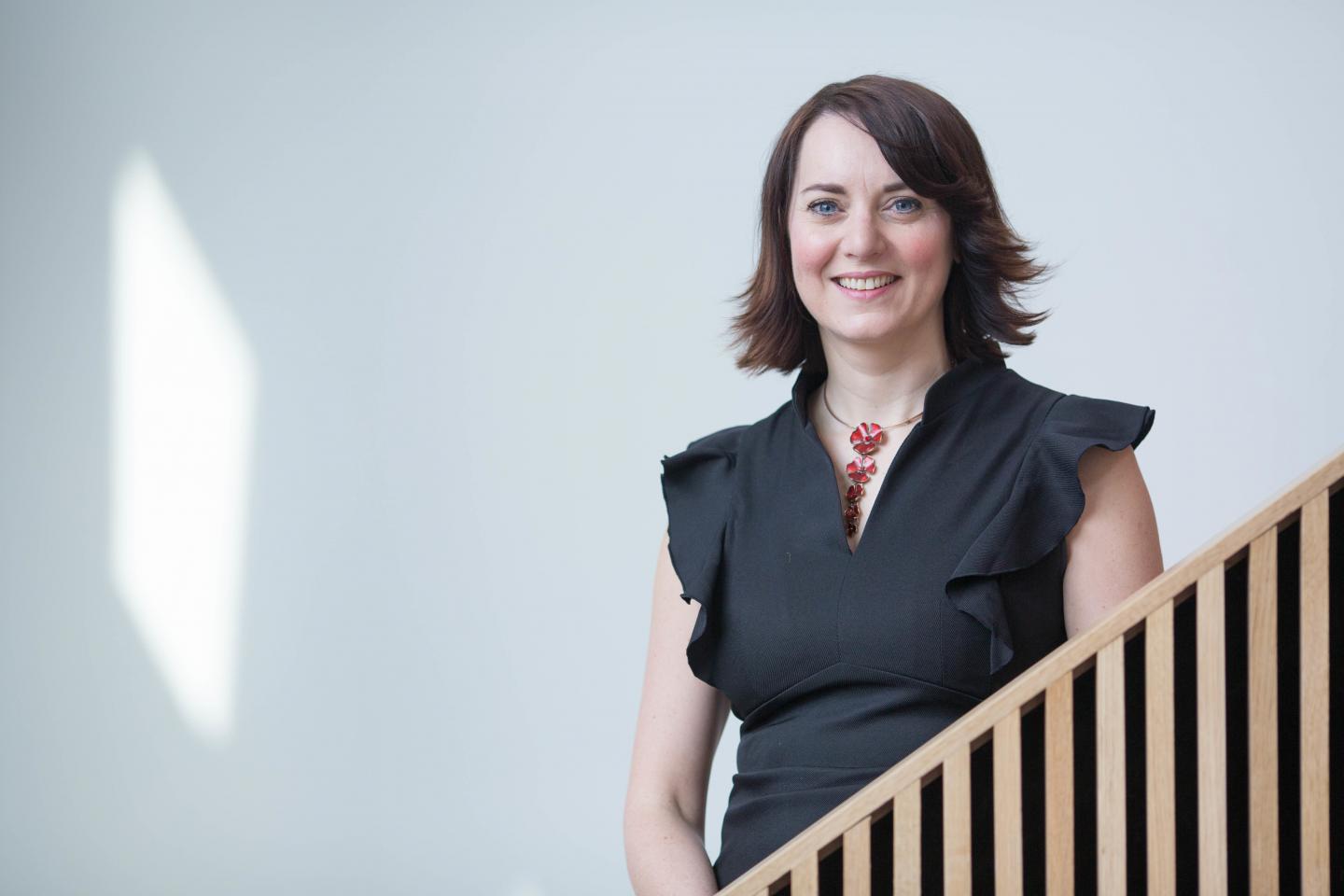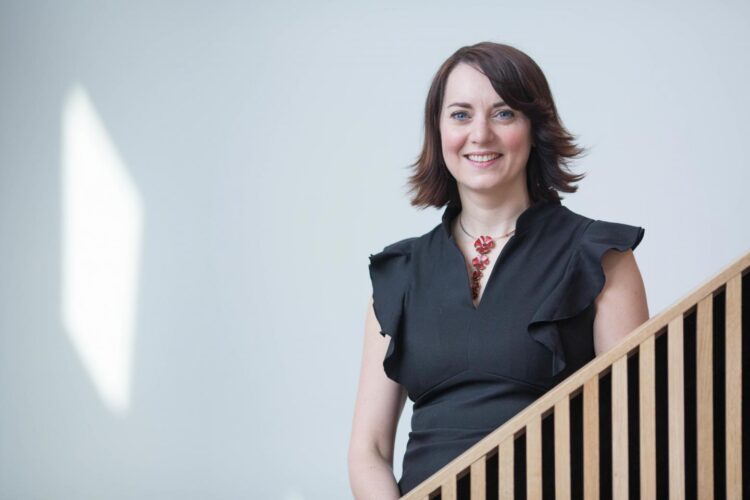
Credit: University of Stirling
A new £1.1 million study led by the University of Stirling is seeking to understand recent changes in opening hours for bars and nightclubs, and how these changes impact on health, crime levels, and emergency services in Scotland.
Funded by the National Institute for Health Research Public Health programme, the project will focus on Aberdeen and Glasgow – where, prior to the COVID-19 lockdown, some premises had their licenses extended.
It will be the first study in the UK to look at how opening hours affect ambulance callouts and crimes, alongside an exploration of the impact on public services and business operations. The study will inform future premises licensing decisions, policies and laws in the UK and internationally.
Professor Niamh Fitzgerald, Director of the Institute for Social Marketing and Health (ISMH) at the University of Stirling, specialises in alcohol policy and is the study’s Principal Investigator.
She said: “International evidence suggests that late night alcohol sales are associated with increased rates of assaults, injuries and disorder. In the UK alone, ambulance callouts due to alcohol are estimated at more than 171,000 annually, costing around £52 million. However, there are no UK studies looking at how opening hours affect ambulance callouts, or how they lead to changes in business practices, policing, health services and wider economic costs.
“Our study aims to understand and assess the impact of later opening hours on harms caused by alcohol, services and costs in Aberdeen and Glasgow, including for specific groups, and the implications for other UK cities if similar changes were introduced. We will also seek to understand local experiences of changes in bar/pub opening hours during the COVID-19 pandemic, and any lasting impact of changes such as curfews and takeaway sales.”
The project, ‘Evaluating later or expanded premises hours for alcohol in the night-time economy’ (ELEPHANT), will build upon previous studies in Norway, Amsterdam and Australia that found that even opening an hour later after midnight led to significantly more assaults or alcohol-related ambulance callouts.
In the UK, councils control opening hours through the licensing system. In Aberdeen, from late 2018, around 30 premises that previously closed at 1am were permitted to close later, some up to 3am. In Glasgow, from May 2019, 10 nightclubs were allowed to change their closing time from 3am to 4am. In both cases, health professionals were unable to call upon robust UK evidence to inform their response to the changes. Premises were granted later hours under specific licensing conditions designed to minimise any potential for increased harm arising from the additional hour(s) of alcohol sales.
The new study will be split into five sections:
- Focusing on understanding why the changes came about, what effects were expected and how public services and businesses were affected.
- Identifying whether and when bars and nightclubs have been using their extra hours (prior to and during the pandemic) and exploring what happens during any later opening periods – including, who is at the venue, alcohol and drug use, violence, and how the venue operates.
- Using data from the Scottish Ambulance Service and Police Scotland to examine if changes in alcohol-related ambulance callouts and assaults have resulted from later opening hours, and considering whether any changes occur within specific population groups, times of day and locations.
- Evaluating any costs/benefits of the changes, including cost impacts on health and police services as well as businesses.
- Identifying whether other UK local councils are considering similar changes and modelling the likely impact of the changes on inequalities, long-term health and healthcare costs for both Glasgow and Aberdeen and other UK locations.
Professor Fitzgerald added: “Our research will be the most methodologically robust and in-depth study of additional late night alcohol availability in the UK to date, informed by systems thinking. By using a variety of research methods and drawing on the multi-disciplinary expertise of our team, we are ideally positioned to adapt the study to capture and respond to changes in thinking and policy around licensed premises post-COVID-19, supported by an excellent study steering committee.
“The findings will be useful to police and health services, local authority licensing teams and politicians and devolved and national governments, as well as communities and premises owners, in the UK and internationally.”
The study will run for three years. Co-investigators include Professor Carol Emslie (Glasgow Caledonian University); Professor Emma McIntosh and Professor Jim Lewsey (both of the University of Glasgow); Colin Angus (University of Sheffield); Elaina Smith (NHS Greater Glasgow and Clyde); Dr Andrea Mohan (University of Dundee); and Dr David Fitzpatrick (Scottish Ambulance Service). Additional support is provided by Aidan Collins at Alcohol Focus Scotland.
###
The ISMH – which celebrated its 40th anniversary earlier this year – is the UK’s leading social marketing research centre with over 40 years of experience in the study of public health policy, behaviour change and commercial marketing. Its work is internationally recognised and has informed policy and legislation in the UK and worldwide.
Media Contact
Greg Christison
[email protected]





